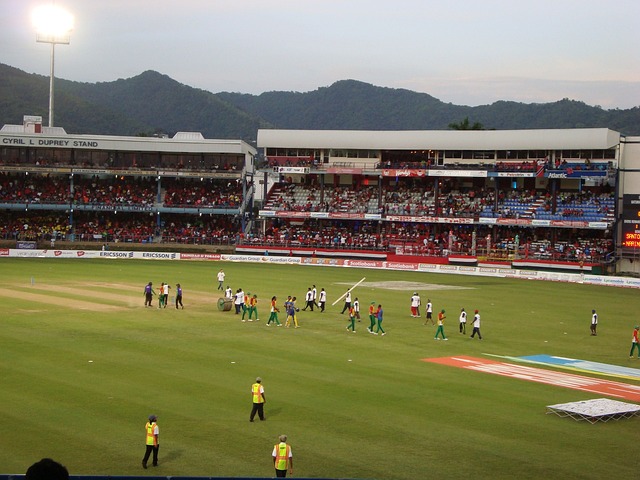The revenue model employed by the International Cricket Council (ICC) is causing unease among associate members, who argue that it poses a significant threat to the growth and development of the game. In this article, we delve into the concerns raised by associate members, highlighting their perspective on the current revenue distribution system and its potential consequences for the sustainability and progress of cricket on a global scale.
The Concerns of Associate Members
Associate members of the ICC, comprising emerging cricket nations, voice their apprehensions regarding the existing revenue model. They argue that the disproportionate distribution of revenue favors the Full Member countries, leading to a lack of financial resources for associate members to invest in infrastructure, talent development, and promoting the sport within their nations.
Impact on Growth and Development
The revenue disparities within the ICC structure have the potential to impede the growth and development of cricket in associate member countries. Limited funding restricts their ability to establish robust domestic leagues, provide adequate training facilities, and create pathways for young talent to progress. This imbalance hampers the overall progress of the game and undermines the efforts of associate members to achieve sustainable cricket ecosystems within their respective regions.
Challenges in Achieving Global Expansion
A fair revenue distribution model is vital for the global expansion of cricket. The current system puts associate members at a disadvantage, hindering their ability to compete with Full Member nations on an equal footing. This imbalance restricts the opportunities for cricket to reach new markets and limits the game’s global appeal and potential for long-term growth.
The Need for Reform
The concerns raised by associate members underscore the need for reform within the ICC’s revenue model. Calls for a more equitable distribution of revenue aim to address the financial disparities and create a level playing field for all member nations. Such reforms would enable associate members to invest in infrastructure, grassroots programs, and talent development, fostering the growth of cricket beyond traditional strongholds.
Promoting Inclusivity and Sustainability
An inclusive and sustainable cricket ecosystem requires a fair and balanced revenue distribution model. By addressing the concerns of associate members and implementing reforms, the ICC can ensure the long-term growth and development of cricket worldwide. This approach would foster a more diverse and vibrant cricketing landscape, benefiting both established cricketing nations and emerging cricketing countries alike.
Conclusion
The concerns expressed by associate members of the ICC regarding the revenue model highlight the potential threats to the growth and development of cricket. A fair and equitable distribution of revenue is essential for sustaining cricket ecosystems globally and promoting the sport in emerging nations. By addressing these concerns and embracing a more inclusive approach, the ICC can pave the way for a stronger and more prosperous future for cricket, ensuring the game’s continued growth and success on a global scale.












